For The Love Of The Game
By Lies 17 Comments
Gaming is a highly competitive subculture, generally online and/or in "macho" shooter games, but nonetheless we're a competitive bunch, no matter what is being played. Now, a little competition never hurt anyone, but being over-competitive is a problem. I'm sure everyone at some point in their life has encountered "That Guy", the one who can't accept losing or being corrected. I certainly have, and I exhibit those characteristics myself more than I would like. But the desire to be the best, to excel, seems to drive people who play games more so than most; sometimes people are driven so far they ascend beyond the game, reaching a level where they have forgotten the point of the game, and play-- no longer for entertainment-- but simply for victory, be it over other players, or even just the computer.
As an example, one need look no farther than the Pokemon series, and the recently released Pokemon Platinum. Most people reading this were no older than teenagers when the original Pokemon Red/Blue released (Except for Claude. But he's a kid at heart, and we love him for it), and I don't imagine most of us played it super seriously. Sure, attempting to fill the Pokedex was fun and rewarding, but no one I knew ever actually did it. Nowadays, filling the Pokedex is nothing but the beginning for the true trainers out there. Teams are specifically honed for battle, people obsessively breed pokemon to get the best traits, and don't even get me started on EV/IV training. People are using spreadsheets to determine which Pokemon to catch, breed, and train in order to build the optimal killing machine. But that's entirely missing the joy of the game; all enjoyment that could be derived is removed, and replaced by what is, in essence, a calculator; it doesn't see a Pikachu or a Charizard, it simply sees the numbers. People who play Pokemon this way enrage me. It's as if this wonderful, exciting, and diverse game that Nintendo has built is almost worthless- they ignore the huge variety of pokemon to catch, places to explore, and things to do in the world and instead focus on making six beastly pokemon that they can use to beat little kids in tournaments with. I understand there is a competitive scene and element to Pokemon, but I feel as though these people are destroying a great entertainment experience for a competitive experience, and there's really no doubt as to which of those is superior.

Please direct your attention to "Second Panel Guy"
Major League Gaming is another spawn of this distressing trend. Instead of playing for enjoyment, these people hone the craft of playing a game to an incredble, mercenary, simplicity. For them, the only thing that matters is the most efficient way to get kills or points. Halo 3, MLG's flagship title, is plauged by this elitism. Halo 3 has over 40 weapons and vehicles available for use in games, along with several pieces of equipment, in order to allow for interesting games and varied experiences. High-level players-- and MLG in particular-- embrace the Battle Rifle almost exclusively. Most "XXxXX123MLG_PR0321XXxXX"s have over 50% of all their kills with the battle rifle. The most efficient weapon is utilized, and everything else that makes the game unpredictable and entertaining is removed. The competitive edge to their play has taken away what made the game loveable in the first place. High-level Halo players are so obsessed with performance that many of them rejected the DLC map Blackout, a remake of beloved Halo 2 map Lockout, because it added more level geometry that made some grenade bounces and special jumps inaccesable, despite plaing almost identical. Take any given thing a new player likes about Halo: The vehicle action, the power weapons, the motion sensor, the equipment, the chaos-- almost all of it is gone at higher levels of play. MLG, in its haste to become the best at the game, neutered it.
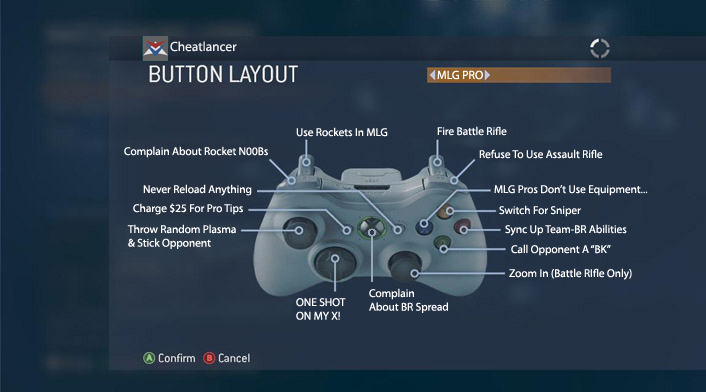

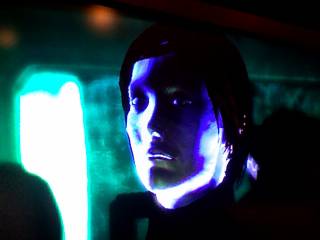
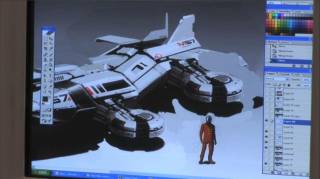
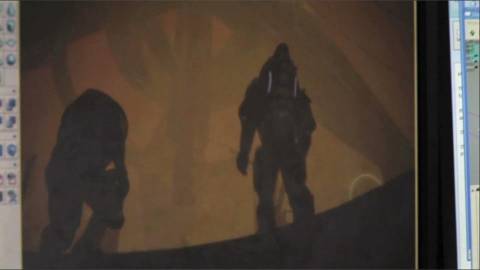
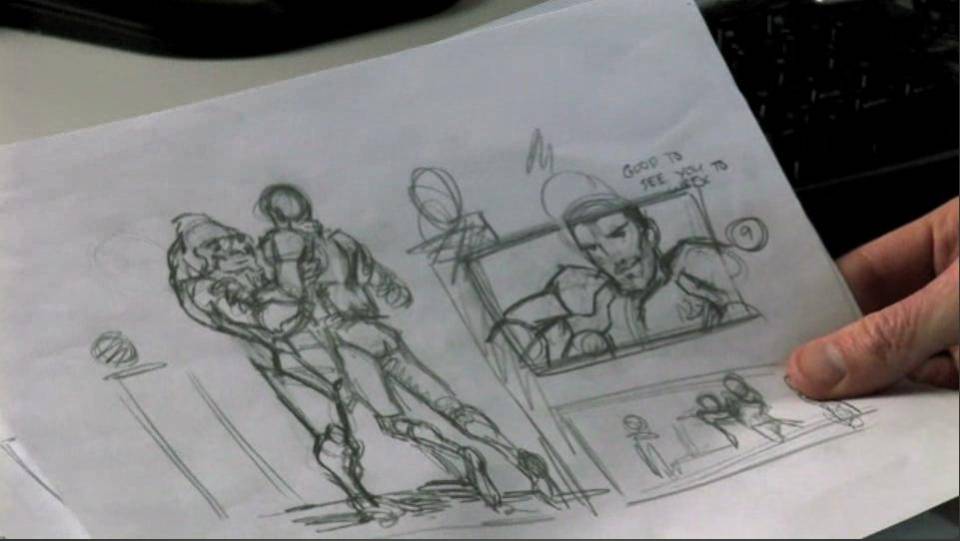
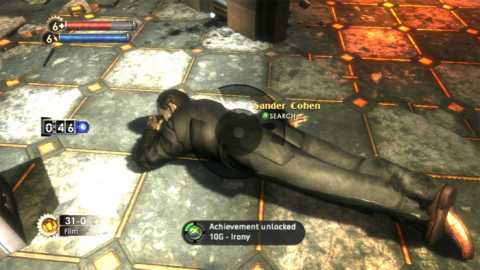
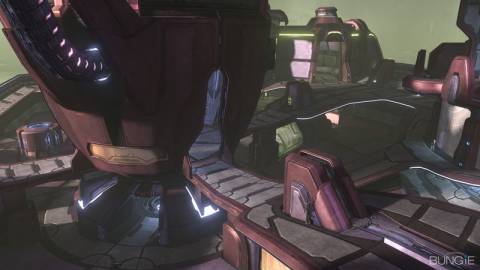
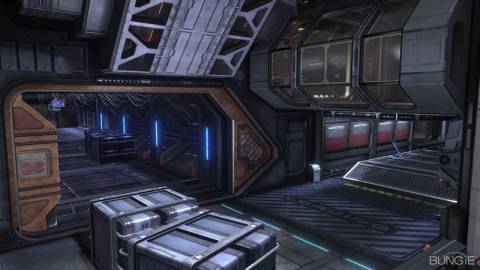
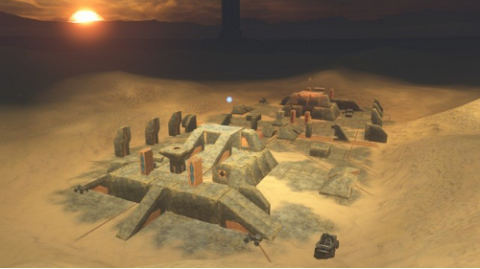

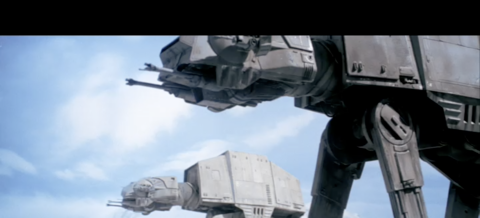
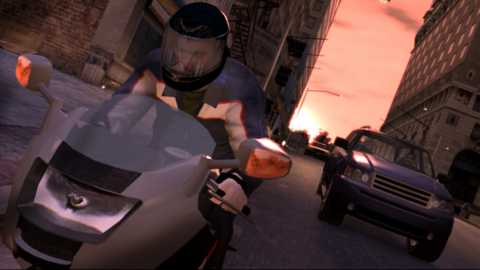

Log in to comment